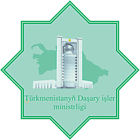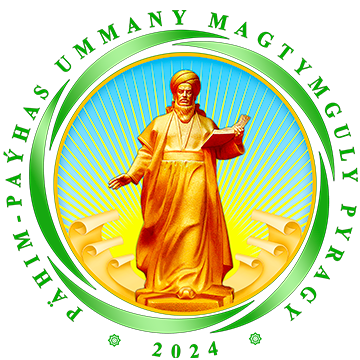Magtymguly Pyragy»




April 18 is the International Day for Monuments and Sites, which was proclaimed in 1983. For almost forty years now, this date takes an important place in the UNESCO calendar.
In this regard, it is important and symbolic that on April 8, 2022, the President of Turkmenistan Serdar Berdimuhamedov signed a Resolution approving the State Program for 2022-2028 for the preservation of national historical and cultural heritage sites, their protection and study, as well as the Action Plan for its implementation.
This program, which is based on the previously implemented long-term program "On excavations in 2018-2021 at historical and cultural monuments located along the Great Silk Road, as well as scientific study and promotion of cultural heritage", covers key issues of preserving and studying the national heritage.
The adopted program also gives wide opportunities for accounting and certification of objects of national heritage, reflecting them in the State Register. This work will be implemented by the National Department of Turkmenistan for the Protection, Study and Restoration of Historical and Cultural Monuments.
Currently, 1442 objects of history and culture are included in the Register. Approximately 80% of them are archaeological monuments, about 20% are architecture and single historical monuments.
To date, three Turkmen monuments have been included in the World Heritage List. These are the historical and cultural reserves "Ancient Merv" (since 1999), "Kunya-Urgench" (since 2005) and the Parthian fortresses of Nisa (since 2007). Their scientific and cultural significance goes far beyond national borders and is of global value to present and future generations.
On the territory of Turkmenistan big proto-cities of Gonur-depe, Kara-depe, Namazga-depe, Altyn-depe, Jeytun and Anau have been discovered. The rock paintings of Bezegli-dere, architectural complexes and individual sites of the distant past in Abiverd, Serakhs, on the banks of the Amu Darya are known all over the world.

